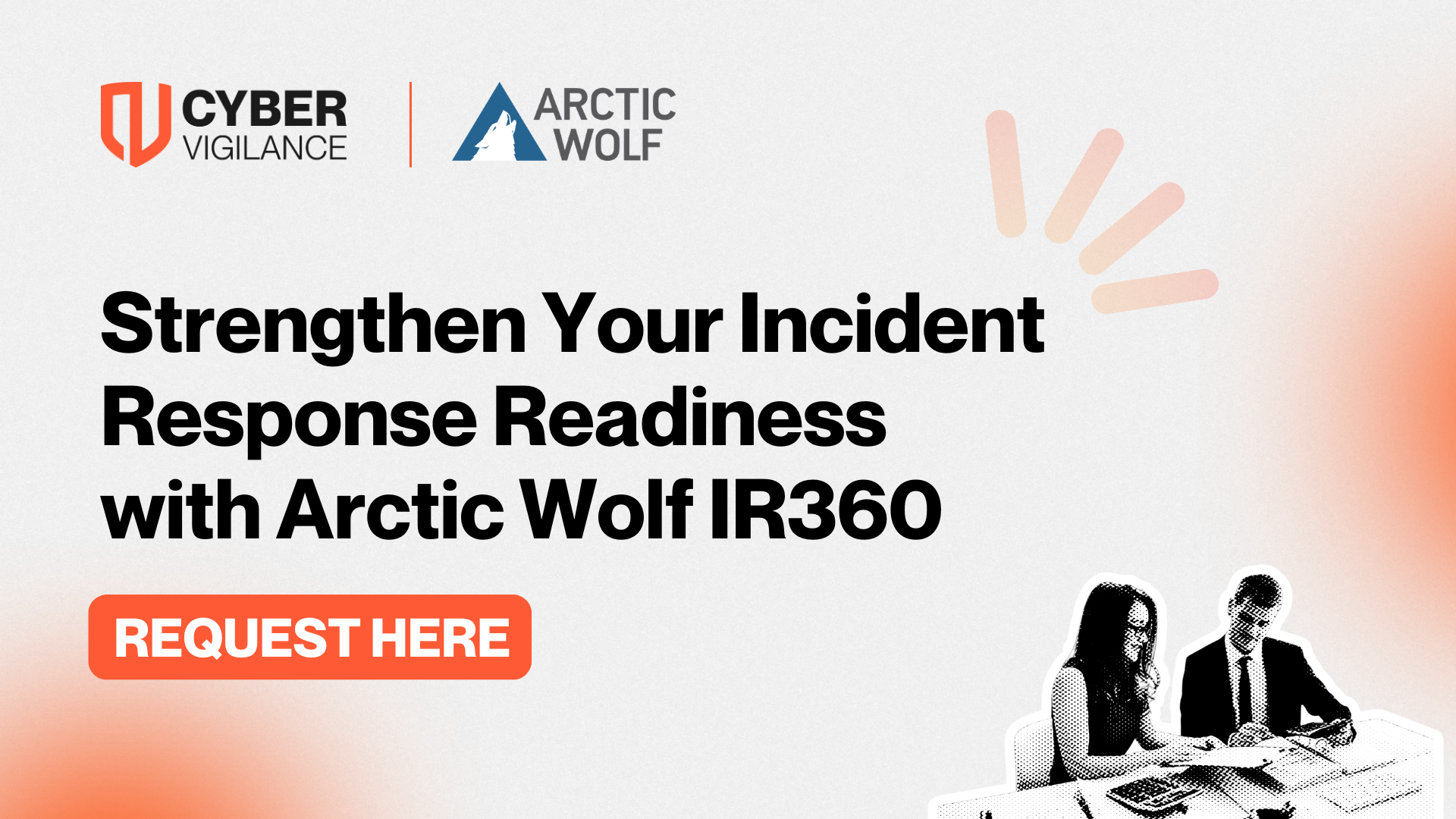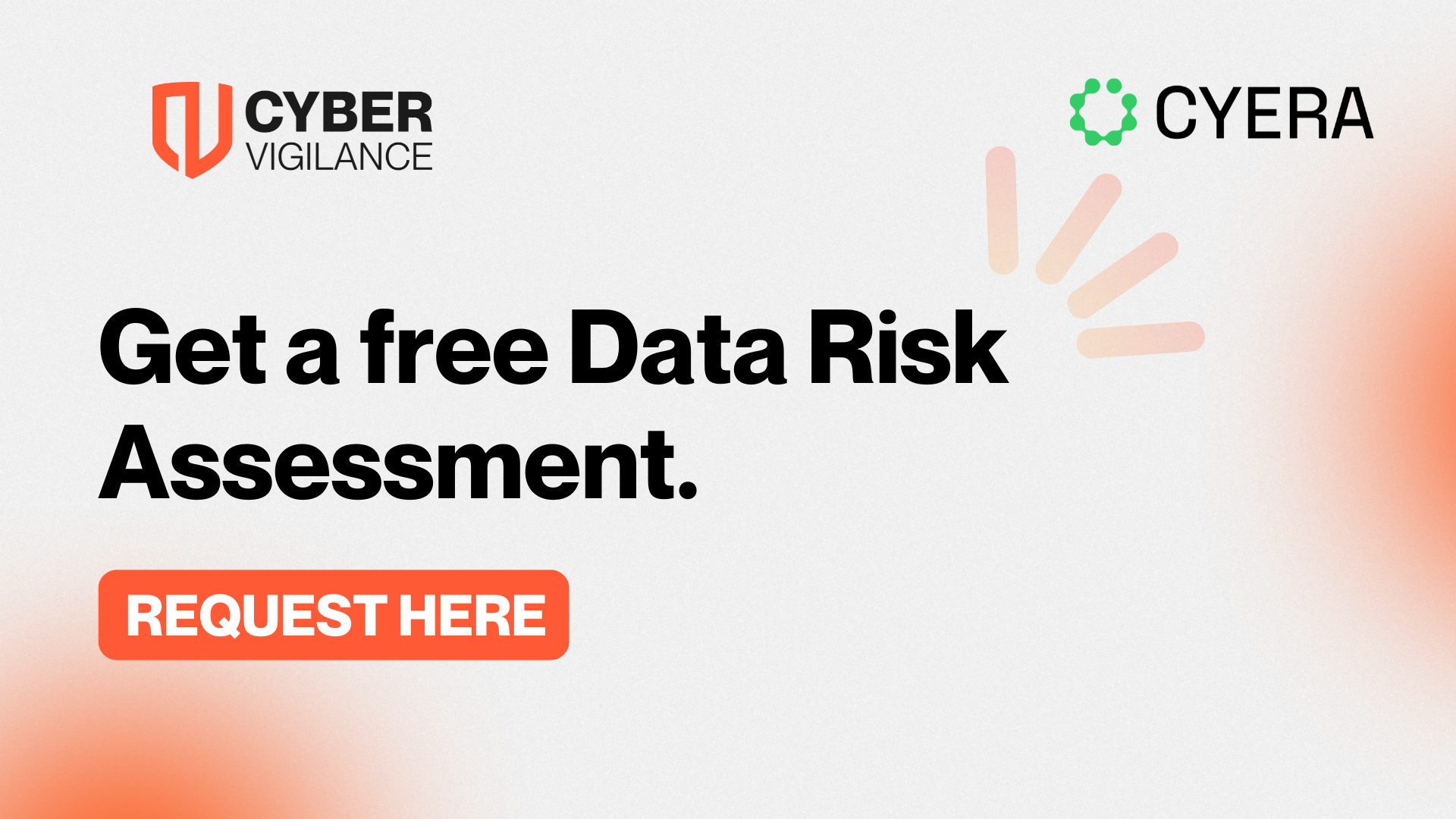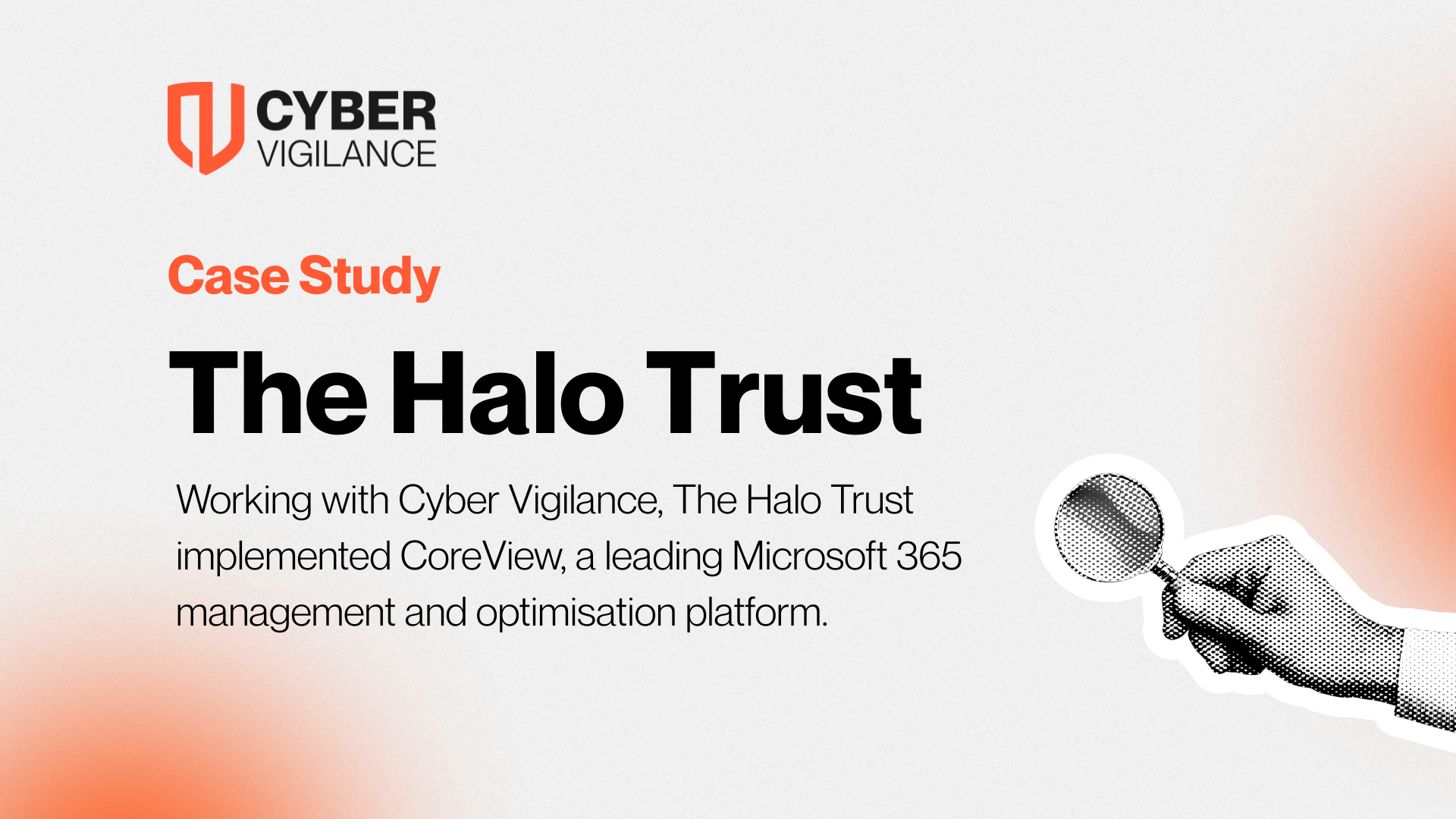Cyber Weekly Digest - Week #31
A lot happened in the cybersecurity world last week; the U.S government announced its ambition to create a secure quantum internet, a new Android malware was discovered while the COVID-19 crisis and the upcoming U.S presidential elections remain essential subjects. Let's look together and see what happened.
1. Starting with some exciting news, the U.S government is teaming up with the University of Chicago to develop a nationwide quantum internet. The network would be used to send sensitive information securely, and it will operate parallel with the current web. It will be fascinating to see the potential of quantum networks and how they can change the future of the internet as we know it.
2. Moving on to BlackRock, a newly discovered banking trojan used explicitly on Android devices. The malware poses as a fake Google Update and requests accessibility services and privileges. Once the permissions are obtained, Blackrock runs on the background actively stealing credentials and credit card information that the user might use.
3. ESET has recently released their Q2 2020 Threat Report highlighting the effect that the COVID-19 crisis is still having on the cybersecurity landscape. Phishing continues to be the main focus of the attackers, who take advantage of the increase in online shopping by impersonating package delivery services and shops. Moreover, the fact that people are working remotely has led to increased targeting of Remote Desktop Protocol. People must remain vigilant during this time and double-check the emails that they receive to make sure it is not a scam.
4. A volunteer program has been launched in the U.S that aims to increase the cybersecurity of the forthcoming presidential election. The initiative was started by the University of Chicago, which will help bring cybersecurity experts closer with government officials concerned with the security posture of the system. As said from Javvad Malik, a security awareness advocate at KnowBe4, even though volunteers might identify problems, there is no guarantee that there are resources to be allocated to address those issues. In my opinion, cybersecurity in the most important political event in the world should be flawless, and significant investments need to take place to ensure the integrity of the votes.
Get safer now
See how Managed Threat Detection can make a difference for you. No obligation free trial.
©2025 Cyber Vigilance
Powered by Disruptive
Naggs Stable, Old Portsmouth Road, Guildford, Surrey, England, GU3 1LP



